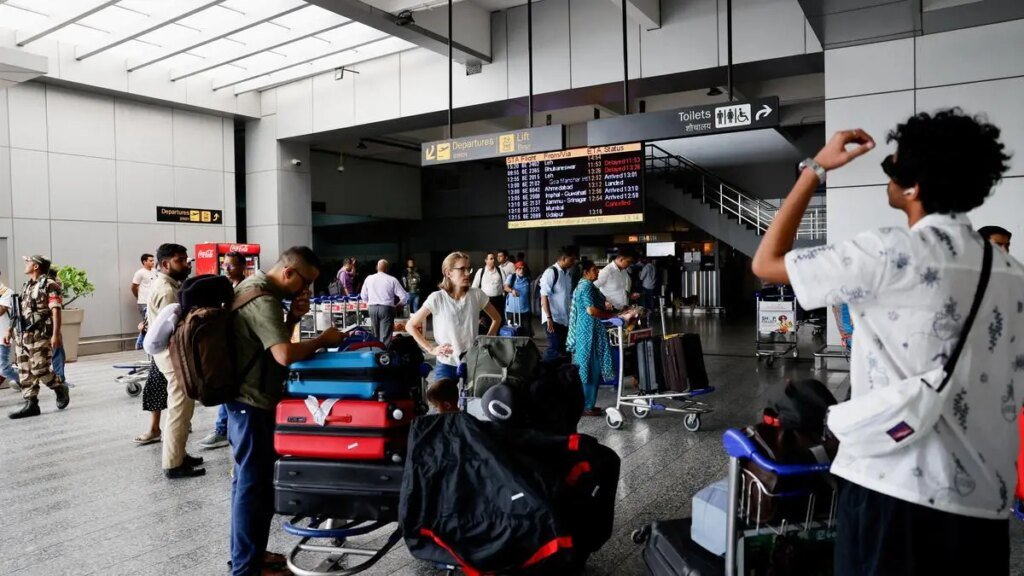Green aviation fuel: Airbus seeks CSR status for SAF investment
“India’s corporate sector is already investing in the nation’s well-being through the CSR mandate. Given that the voluntary corporate SAF programmes launched by airlines represent a direct, measurable investment in climate change mitigation, we urge the government to include them under CSR,” Westermeier said at am industry event here.
In technical parlance, SAF refers to renewable or waste-derived aviation fuel that adheres to sustainability criteria.
Besides, he called on industry and corporates to actively support the creation of demand for SAF by joining voluntary programmes being rolled out by Indian airlines.
“Even committing to purchase SAF for a portion of your corporate travel sends a strong and immediate demand signal to the market,” he added.
Pointing out that scaling up the SAF industry can yield socio-economic returns, Westermeier expects it to create 1.1–1.4 million jobs and the productive utilisation of nearly 230 million tonnes of surplus agricultural residue.
Furthermore, India’s deep technology talent pool and abundant biomass resources provide it with a natural advantage to emerge as a global leader in SAF production and exports.
However, one of the current challenges is price competitiveness.
Presently, industry estimates that the price of SAF is two to four times higher than that of traditional jet fuel.
Additionally, Westermeier underscored that adopting SAF is critical for the aviation sector to meet its environmental responsibilities and align with international commitments under the Carbon Offsetting and Reduction Scheme for International Aviation (CORSIA).
The scheme, being implemented in three phases, has voluntary participation between 2021 and 2026.
India has chosen not to participate in the voluntary phases. However, offsetting requirements under CORSIA for Indian carriers will begin in 2027. The scheme applies to international flights originating in one country and landing in another.
Accordingly, the Centre plans to implement the scheme with indicative targets of a one per cent SAF blend in aviation turbine fuel starting in 2027, increasing it to two per cent in 2028, and eventually reaching five per cent by 2030.
“This is a moment that demands unprecedented collaboration between government, industry, and academia,” Westermeier said.
Published on November 6, 2025



